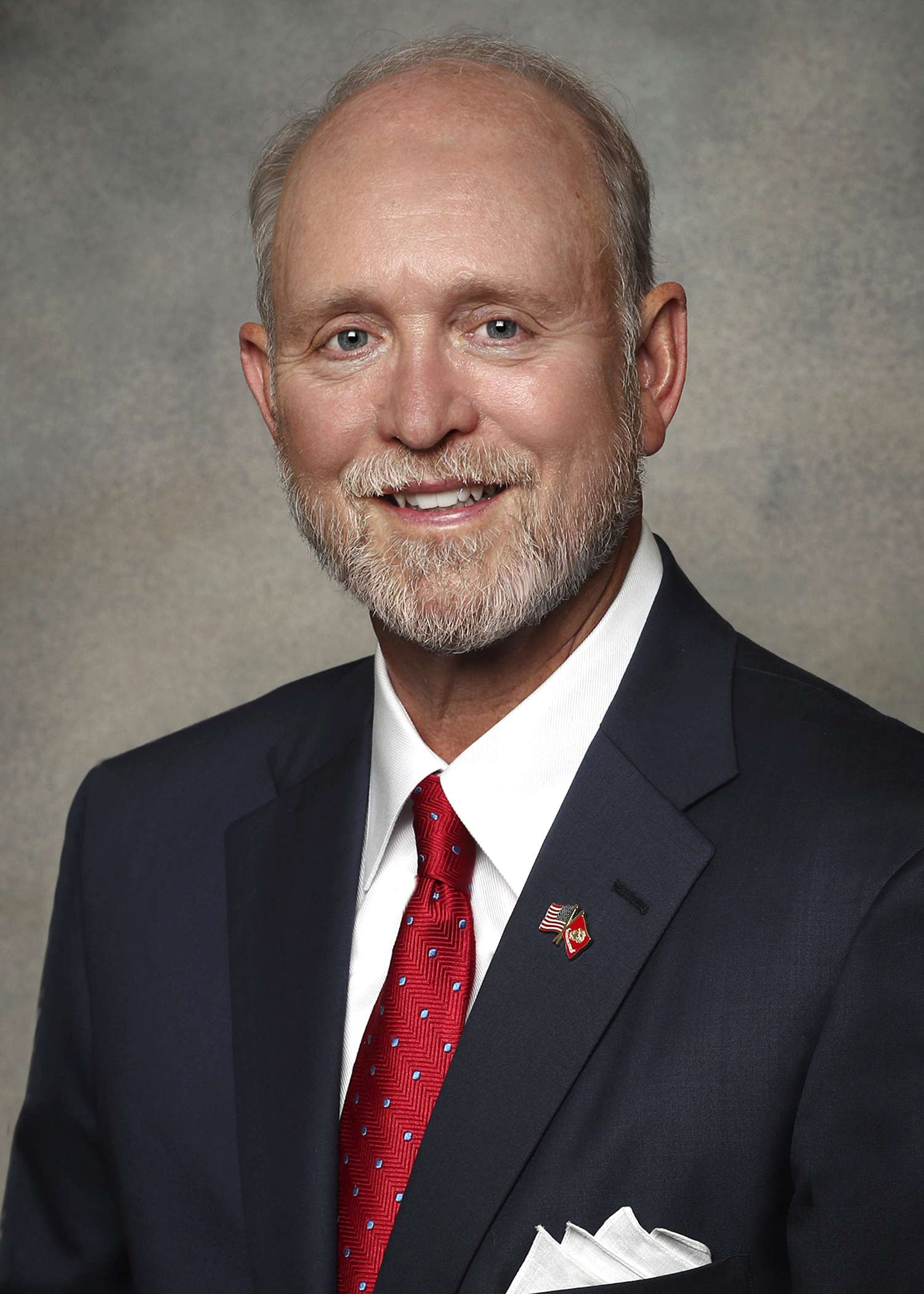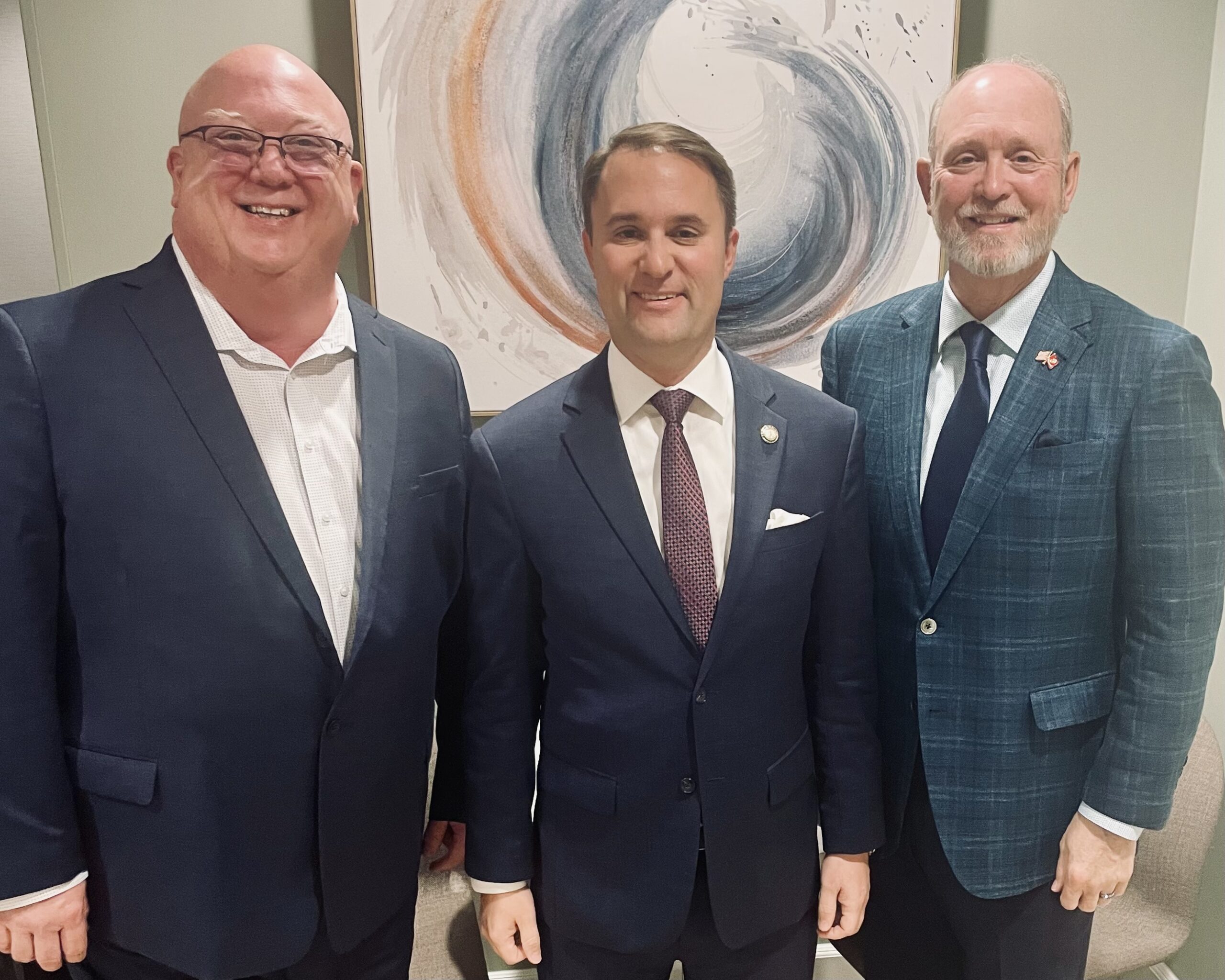A Message from VADA President and CEO Don Hall
December 2023

Though the work at VADA never stops, I enjoy this season and remind my staff and our members to take time during the holidays to slow down, reflect on the year — and plan for the road ahead.
Planning is exactly how we spend the leadup to Christmas and New Year’s.
In December, we hold our Board of Directors meeting as well as Legal and Legislative updates in both Richmond and Hampton Roads, where we manage regional dealer associations.
At each of these meetings, we laid out our 2024 VADA agenda (view and download the presentations we reviewed in our Document Center). We also touched on the issues that are on our front-burner for the coming year:
Amazon and Hyundai partnership
Before Thanksgiving, I and my team had the opportunity to join a phone call with Hyundai leadership regarding its newly announced partnership with Amazon. We know that Amazon is meeting with many other OEMs, so even if you don’t sell and service Hyundai, this involves and impacts you.
This deal will allow consumers to browse cars on Amazon and get linked to a dealer — truly no different than using any other third-party e-commerce platform, albeit far, far larger. This is a voluntary-but-involuntary program for dealers. It’s clear from Amazon’s size and popularity that not participating in the program, as described, would be to a Hyundai dealer’s detriment.
We welcome the Amazon partnership and other innovative sales models that benefit dealers and consumers.
But we don’t know what we don’t know. If problems in this model begin to emerge, we cannot fight Amazon in court or the legislature. They are a massive influence in Virginia, with a $2.5 billion headquarters underway in Arlington and millions of users statewide.
We can, however, hold Hyundai and other manufacturers accountable to Virginia franchise laws. As an example: Virginia code says all dealers are entitled to all leads in their market area that come in through a third-party, like Amazon. So regardless of whether a dealer participates with Amazon, they are still owed the leads that come in through the program.
It’s still early, and much will be worked out in the pilot starting next month (the pilot is not in Virginia). We should all be optimistic about such a partnership, and we will monitor it closely.
Don’t be the reason EVs fail

Virginia Attorney General Jason Miyares with VADA chair David Dillon (left) and VADA president and CEO Don Hall at this month's Board of Directors meeting in Richmond.
The recent Washington Post headline was scathing: “Electric vehicles are hitting a roadblock: car dealers.”
I have no reason to doubt the claims made by consumers: that dealership staff are pushing ICE over EV, or that staff are not knowledgeable about these new vehicles.
Let me be clear: EVs are here to stay. I recognize these vehicles aren’t moving off your lots and consumers have significant concerns. As someone who drives an EV, I know firsthand that Virginia lacks charging infrastructure — and reliable infrastructure, at that. But between federal mandates and manufacturers that are rolling out new EV models in coming years, it’s important dealers get in line. Talk up EVs with sales teams, and don’t allow an anti-EV culture to take over in the dealership.
We do not want to be in a situation where dealers shoulder the blame for EVs sitting on lots and taking up space. Manufacturers are looking for excuses to sell direct, so if we don’t put our best foot forward on EVs, we won’t have much of a leg to stand on when OEMs seek changes in how these new vehicles are sold.
Buy/Sell Legislation
Our 2024 legislative agenda at the Virginia General Assembly will not be as heavy as 2023, where we achieved landmark franchise protections. But we do plan to improve Virginia buy/sell laws for dealerships and make the statutes surrounding these transactions clearer.
Our proposed changes in Virginia’s buy/sell laws aim to streamline and make the sale approval process more objective with a number of changes.
- Timeframe clarity: Manufacturers would have 60 days to object to a sale upon notification of a purchase or sale, as was intended by the existing Code language. This will end what can often become a lengthy transactional process by eliminating any misunderstanding around time limits.
- Reasonableness definition: Manufacturers may still oppose a sale if the buyer lacks dealership experience. The bill would more clearly define the “reasonableness” of a proposed transferee’s experience as an objective measure of their years in the business, as opposed to subjective measures a manufacturer may attempt to use improperly. This prevents automakers — Original Equipment Manufacturers, or OEMs — from cherry-picking statistics to justify objections in certain cases.
- Clarification of Sufficient Notice: The buy/sell notice from the dealer to the OEM would include only specific, identified information about the sale. This notice will start the 60-day clock for approval. By specifying what the notice must include, manufacturers will not be able to delay by claiming they still need more information about the sale.
- No delays: If the OEM does not respond within 60 days, the sale is deemed approved. Manufacturers sometimes don’t respond at all during the negotiation period, causing significant delays and negatively impacting both buyers and sellers.
Merry Christmas and Happy Holidays from all of us at VADA. We hope you end the year strong. We’ll be ready to take on 2024.

